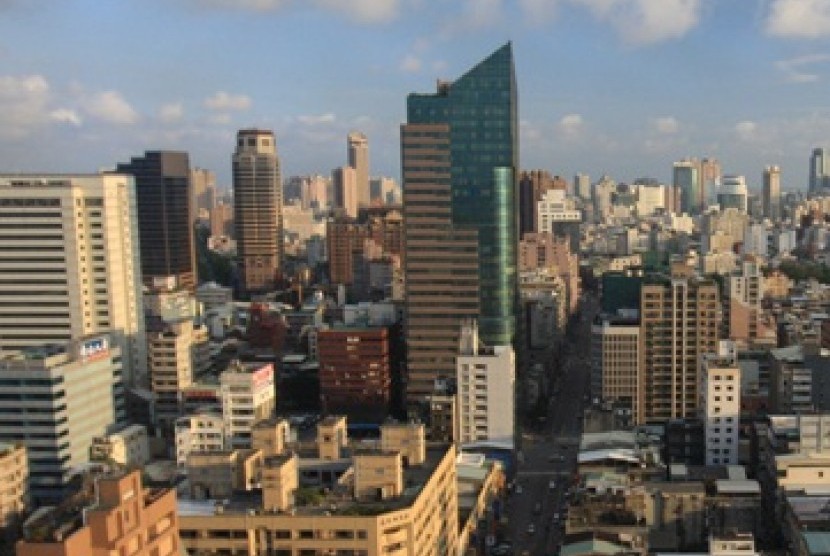REPUBLIKA.CO.ID, TAIPEI -- Taiwan is mulling visa entry privileges for tourists from eight member states of the Association of Southeast Asian Nations (ASEAN), in line with a "new southward policy" being broached by the government, according to the Ministry of Foreign Affairs (MOFA).
In a report submitted to several legislative committees, MOFA said it has been working on the issue to promote the government's "New Southbound Policy," outlined by President Tsai Ing-wen, who took office May 20.
Visitors from Brunei, Cambodia, Indonesia, Laos, Myanmar, the Philippines, Thailand and Vietnam will be granted entry privileges such as visa waivers, landing visas or e-visas, according to the report. Visitors from two other ASEAN member nations, Malaysia and Singapore, already enjoy visa exemptions for stays of up to 30 days in Taiwan.
As the "New Southbound Policy" aims to achieve an economic transformation for Taiwan and push a greater role for the country in foreign affairs and global issues, Southeast Asia forms a key segment that Taiwan must seize as part of its efforts to expand its domestic market with a "people-focused" strategy, the report says.
To achieve this goal, Taiwan is emphasizing joining regional economic integration and attracting tourists from Southeast Asia and South Asia, it said.
Taiwan had a "Go South" push back in the 1990s, put forth by then-President Lee Teng-hui. But it did not succeed because China was opening up at the time and the region was hit by the 1997 financial crisis.
With the win of the pro-independence Democratic Progressive Party in both the presidential and legislative elections in January, the number of Chinese tourists coming to Taiwan has been falling in recent months.
To compensate for the loss in tourism dollars from Chinese visitors, the government is keen to attract tourists from Southeast Asia, South Asia and East Asia, without compromising national security and public order.


